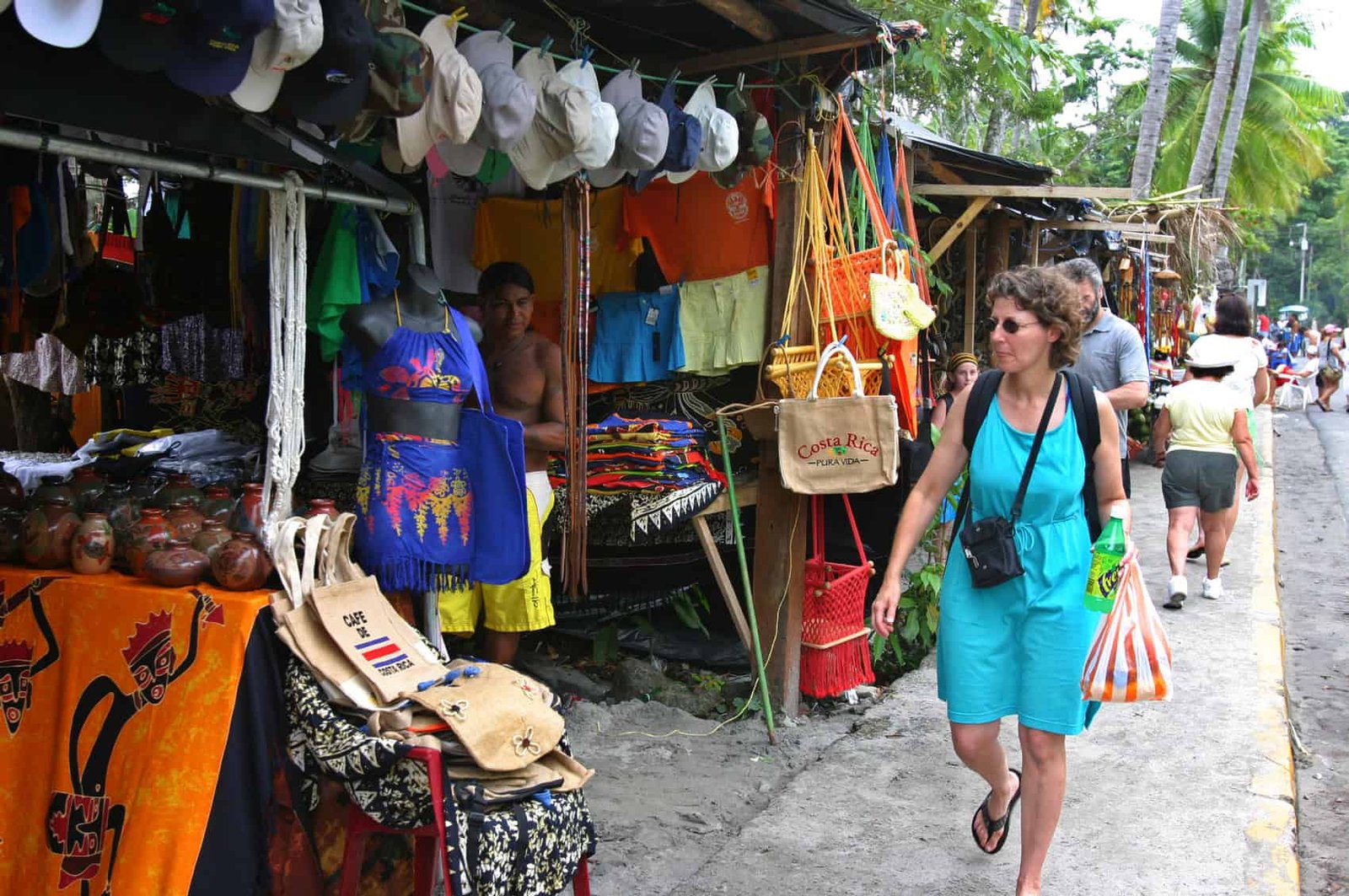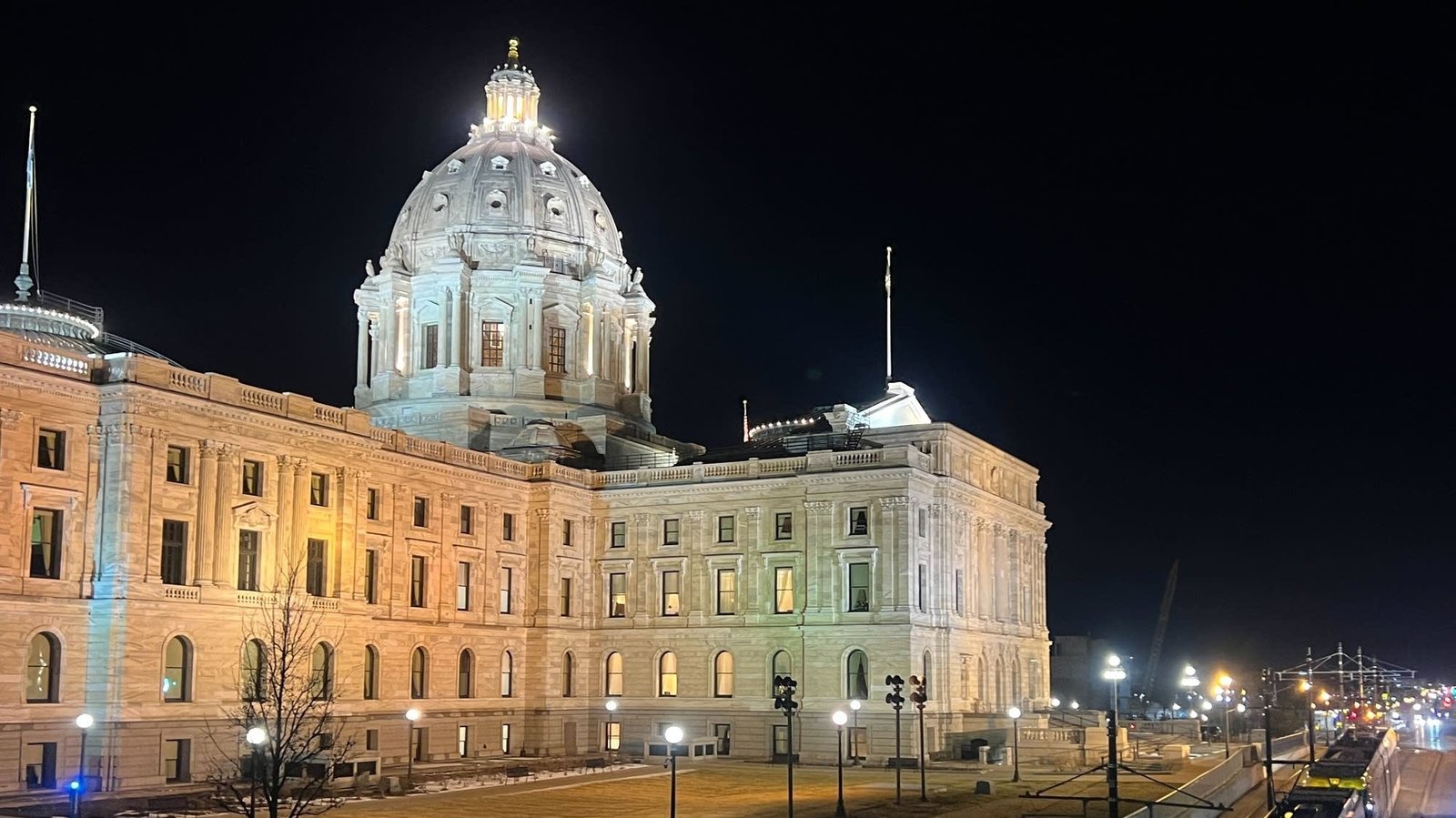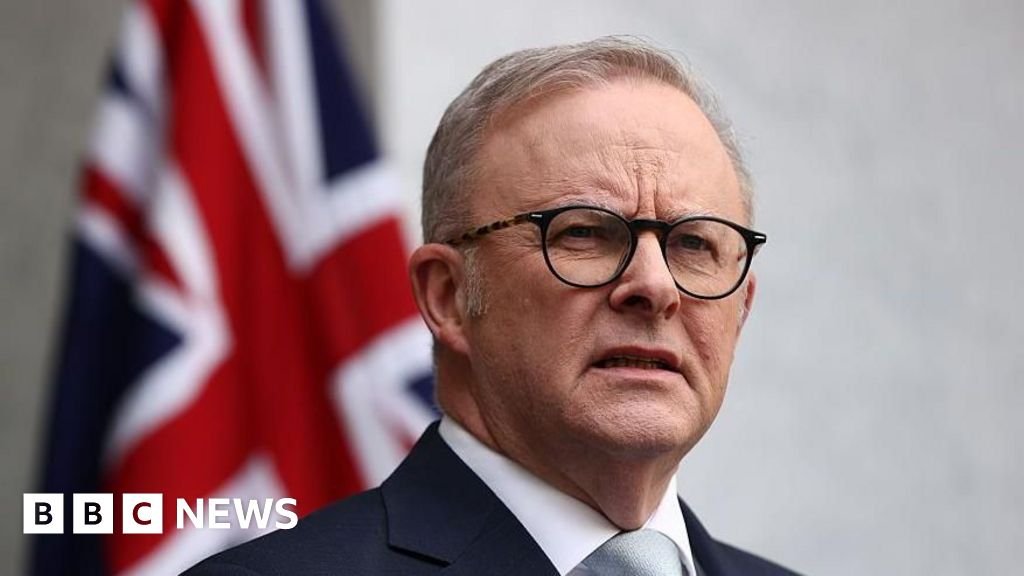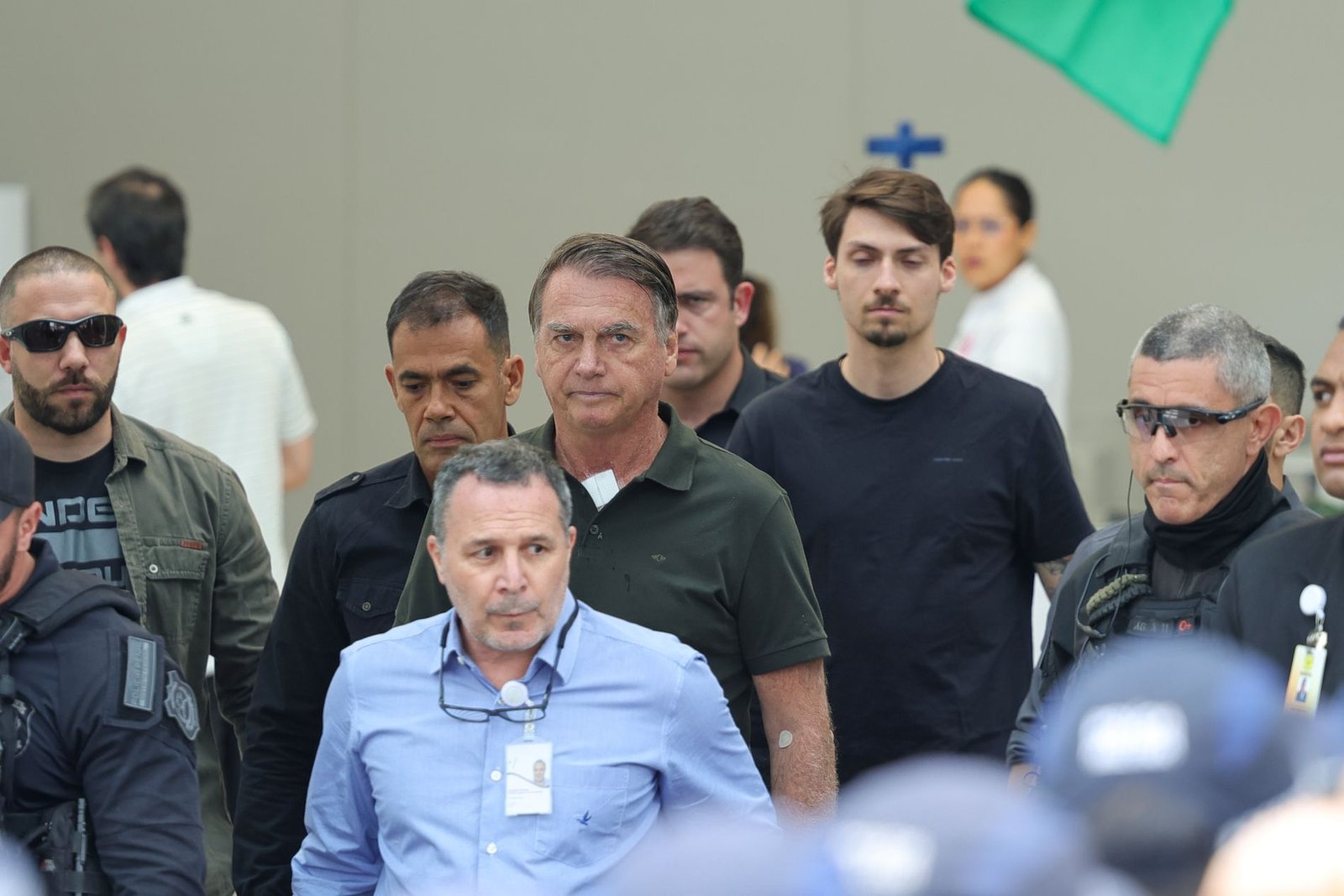International tourist arrivals to Costa Rica dropped by 2.3% between January and August compared to the same period in 2024, according to the Costa Rican Tourism Institute. Our country received 2,081,983 visitors during the first eight months of the year, 48,847 fewer than last year.
North America, the primary source of tourists to Costa Rica, registered a 2.7% decrease in arrivals. Canada saw the sharpest decline at 4.3%, followed by the United States at 2.5%. European arrivals also fell 5.6%, although the August figure showed only a 0.5% drop.
Experts attribute the slowdown to rising insecurity in the country and the continued depreciation of the U.S. dollar against the Costa Rican colón, which has made travel to the country more expensive.
Tourism Minister William Rodríguez urged careful analysis of the data. He noted that August’s air arrivals nearly matched 2024 levels, indicating a possible stabilization. Rodríguez also cited recovery signs in key markets, including Germany, France, Mexico, Colombia and Brazil.
Tourism remains one of Costa Rica’s most important economic sectors. The National Institute of Statistics and Censuses reported that the industry employed 90,831 women and 82,376 men during the first quarter of 2024.
Youths ages 15 to 24 and older adults depend heavily on tourism jobs. The Costa Rican Tourism Institute estimates about 692,000 indirect jobs are also tied to the industry, with small hotels—those with fewer than 40 rooms—playing a major role.
Industry representatives said the coming months will be critical in determining whether Costa Rica maintains last year’s momentum or enters a deeper downturn. Tadeo Morales, spokesperson for Turismo por Costa Rica, voiced concern about waning interest.
“Google searches for Costa Rica as a tourist destination have now fallen by 20%,” Morales said. “For months the drops were around 9% to 11%, but this new decline is alarming.”
Tourism operators also expressed frustration with the government. The administration of President Rodrigo Chaves has defended its currency policy and downplayed the effects of growing insecurity—two factors experts say are central to the sector’s challenges.




